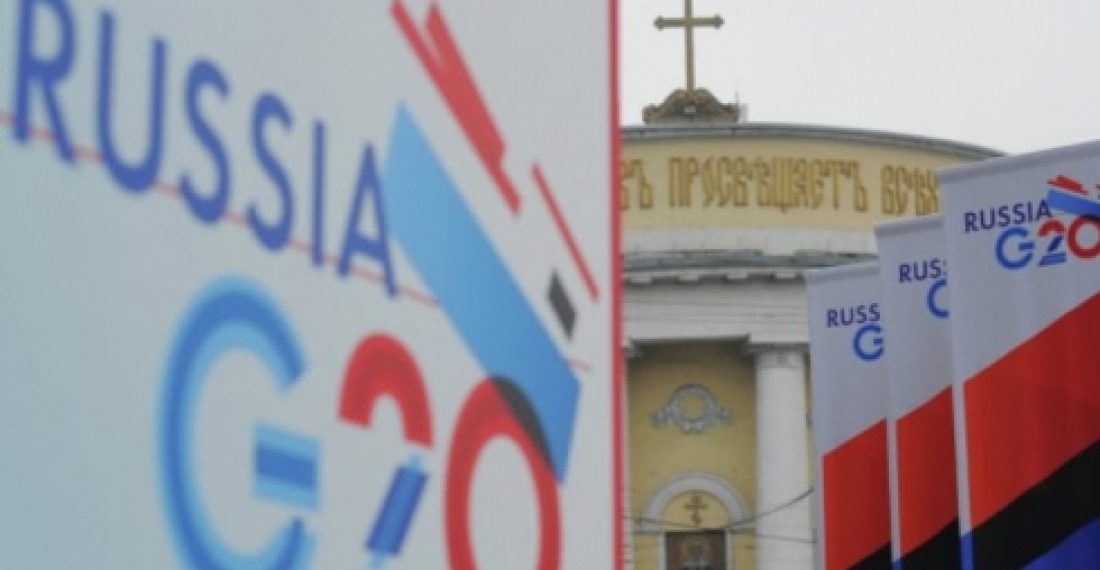Leaders from the largest 20 world economies, the G20 countries, will meet in St Petersburg today and tomorrow for their annual Summit. Despite the fact that the main agenda of the summit relates mainly to economic issues the world's attention will be focused on relations between Russia and the United States, and particularly the personal chemistry during the meeting between President Putin and President Obama. The two Presidents have recently made sharp statements particularly connected with the Syria crisis. The US has cancelled a planned bilateral meeting between Obama and Putin, although it is difficult to see how they can avoid meeting.
Russia has upped the stakes in the last days over its position on Syria saying that any US attack on Syria will be a violation of international law and promising an as yet unspecified Russian response.
source: commonspace.eu







